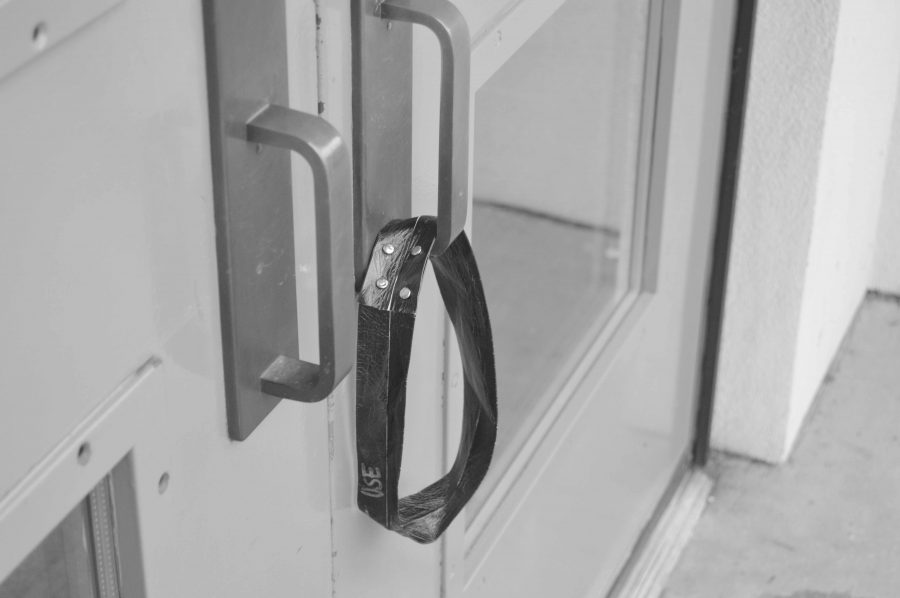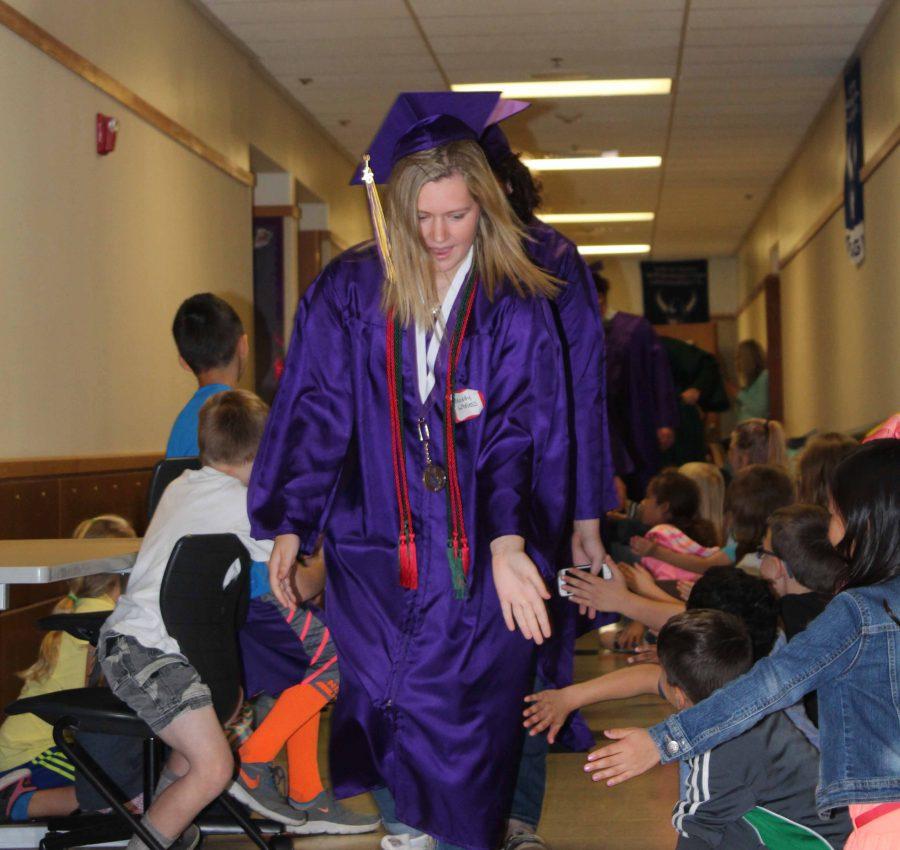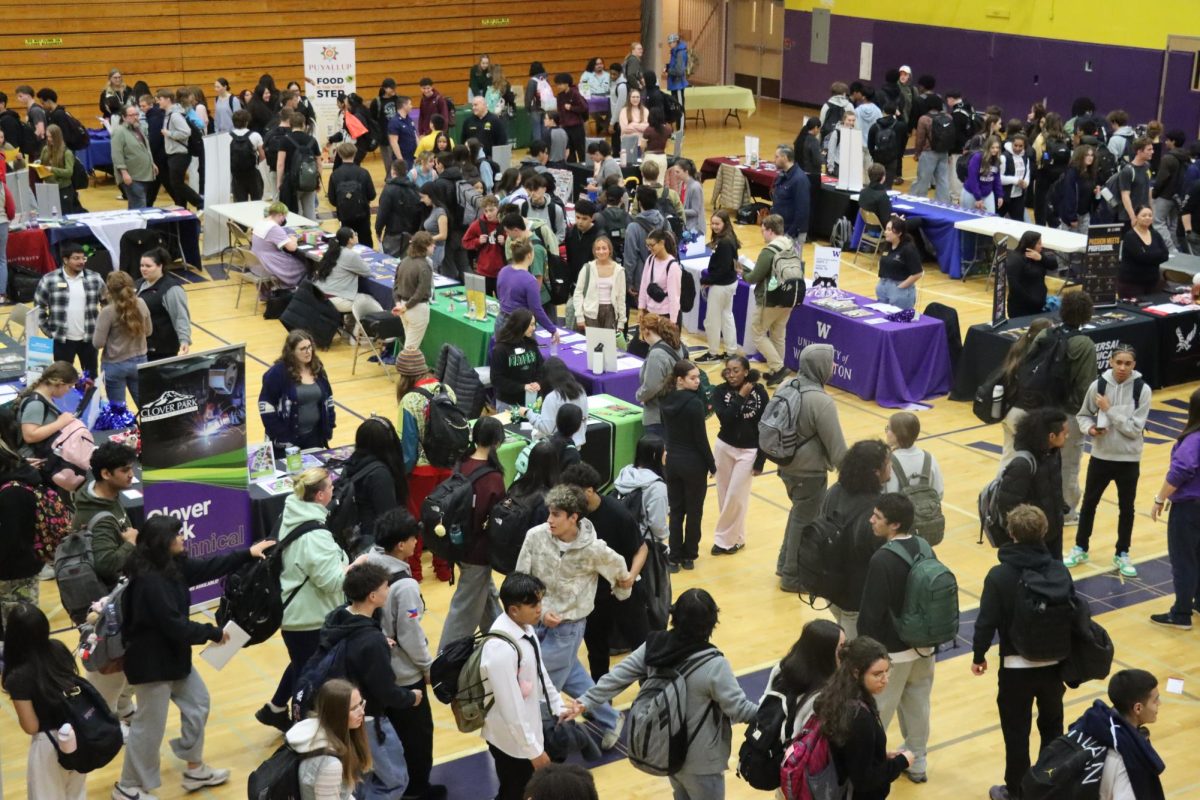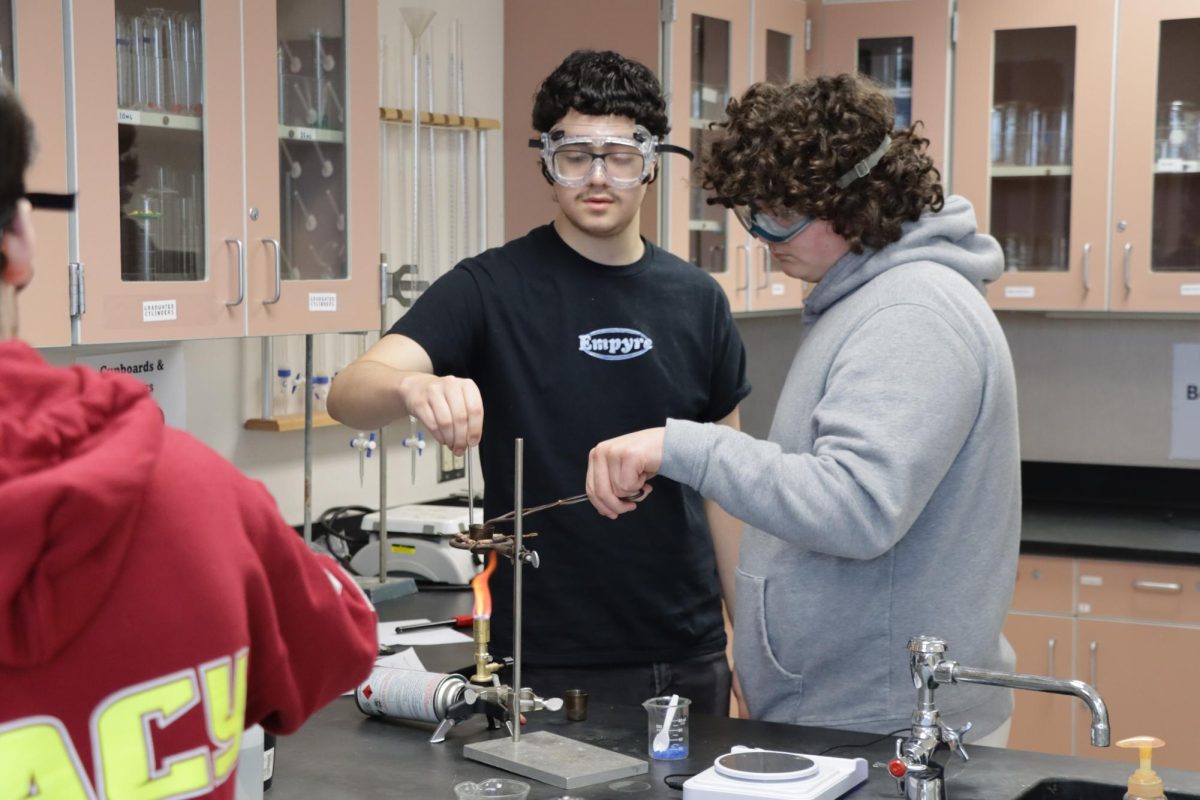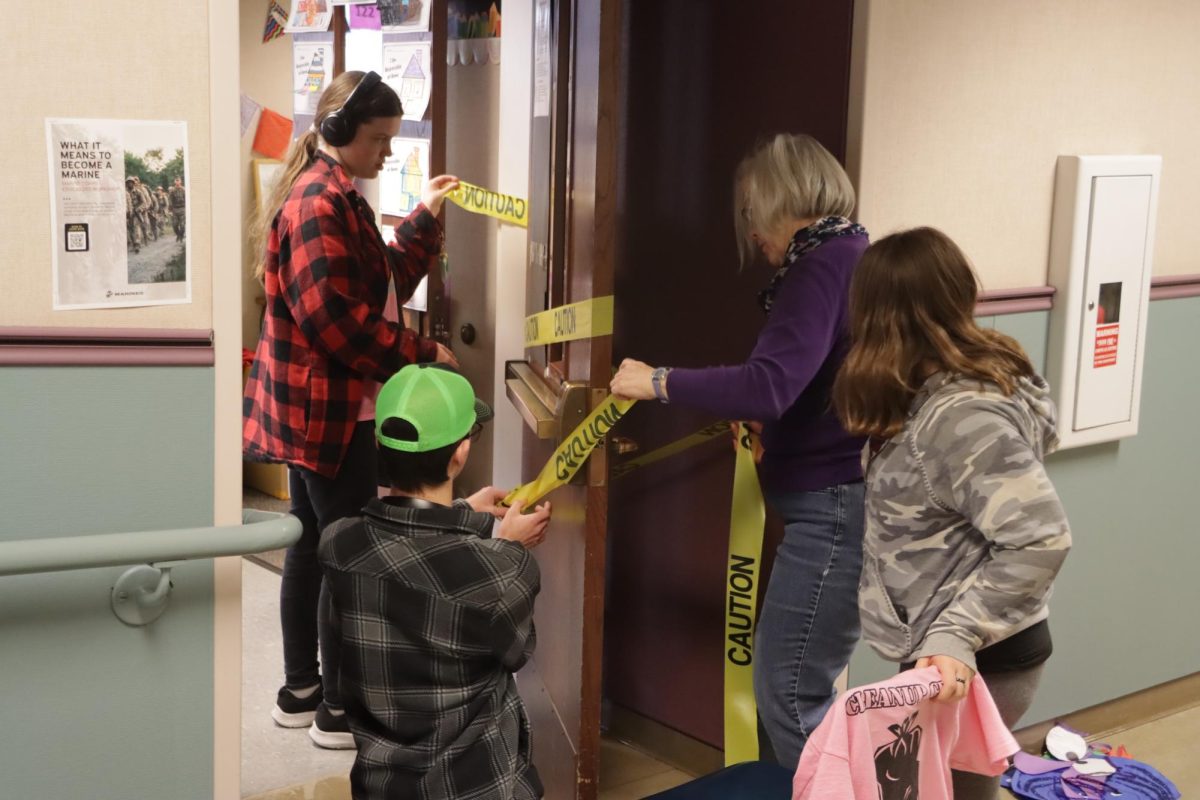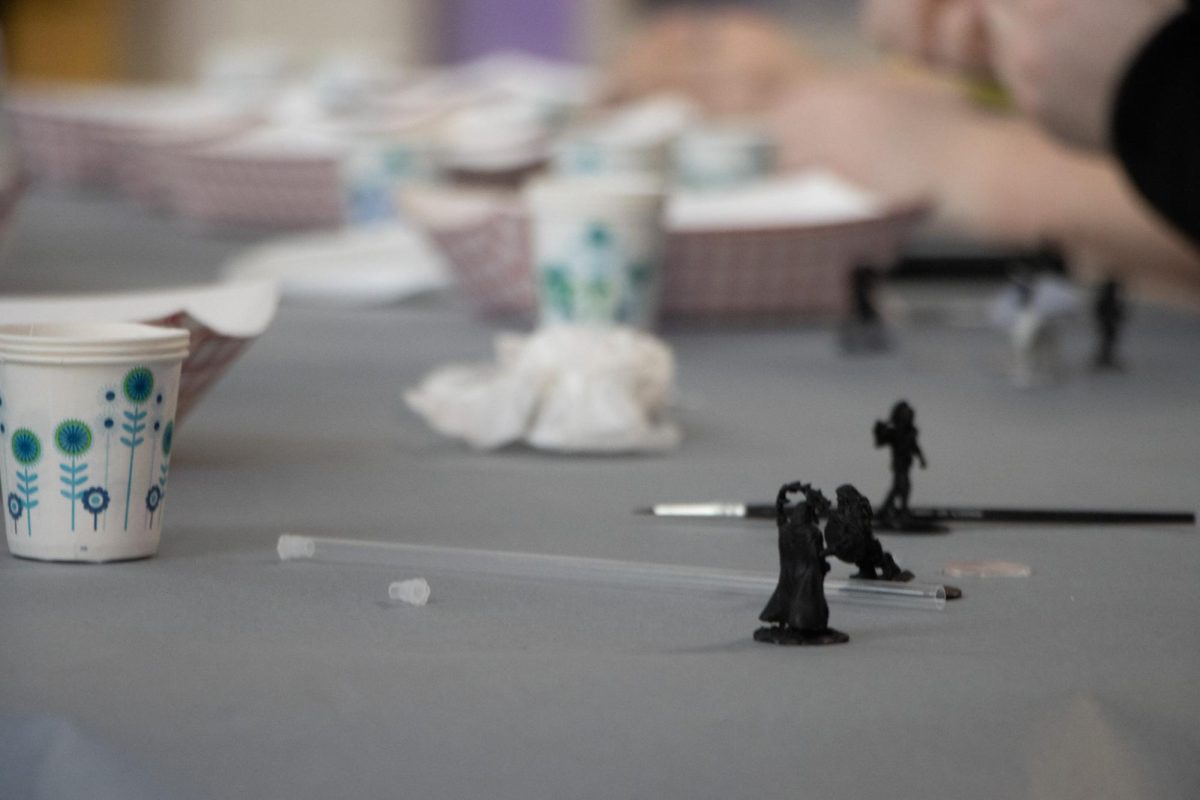With the accessibility of the Internet, online bullying has also become more accessible as well.
Senior Program Consultant for the Seattle Public Schools Mike Donlin explains what exactly bullying is and how it might be harmful.
“Bullying is any unwanted aggressive behavior that involves an observed or perceived power imbalance and is repeated multiple times or is highly likely to be repeated. Bullying may inflict harm or distress on the targeted youth including physical, psychological, social or educational harm. Bullying can occur in-person and through technology,” Donlin said.
Donlin also shares the difference between cyberbullying and verbal or physical bullying.
“[Cyberbullying] happens faster; it can spread much more quickly. There are different distance differentials at play and for the targeted person there is no safe place to go where it is not happening,” Donlin said.
Counselor Jamie Mercer shares why cyberbullying is being seen as more common.
“It is much easier over a text message to misread the intent but when you get someone face to face you are a lot more honest because you have someone to answer to it is not just ‘oh, I am behind a screen I can say whatever I want without consequence,’” Mercer said.
When cyberbullying becomes a problem, Mercer shares how the administration deals with it.
“If it is a friend or someone you feel comfortable with coming in face to face let’s work it out. If it is more of a threat situation, the student really feels unsafe coming to school or going home we would get administration involved. Sometimes there are consequences involve. Obviously we never want a student to feel unsafe,” said Mercer.
Vice Principal Maija Theil adds to what Mercer says about how the school administration deals with the problem of cyberbullying.
“We talk with the student that is experiencing or reporting [bullying]. Find out what the circumstances are. Find out what is happening, where it has been happening, when it has been happening. It is a little bit different with cyberbullying because it is coming into campus and affecting their ability to learn during the school day. Has someone actually done it during the school day? Is it happening outside off campus but then everybody in class is talking about it? Some of those things will make a difference,” Thiel said.
Thiel also explains what she tells students when they are getting bullied.
“I think one thing we tell them is that it is good to come to us as soon as something happens, especially if it is an ongoing issue and protecting themselves at the same times: so blocking people that are performing some of that, talking to their parents, resources they can go to in the building when they need help with that. Then also do not post something yourself in response to and making that continue to go, let us take care of it. If something happens, let us take care of it instead of taking care of it on your own,” Thiel said.
Thiel also touches on the seriousness of bullying and why it should stop.
“I think any bullying is serious. Whether it is in youth or adults or anywhere in society that whole concept of someone exerting power over someone else to make them feel like they are less than or somebody else is more important than them just impacts their ability to function,” Thiel said.
Cyberbullying prohibits face to face interaction
Bailee Doman, Staff
Published January 25, 2016
Story continues below advertisement
0
Donate to The Viking Vanguard
$15
$500
Contributed
Our Goal
Your donation will support Viking Student Media and the content we create. Your contribution will allow us to purchase equipment and cover our annual costs, including website hosting, printing the newspaper and yearbook, and purchasing new equipment.
More to Discover
About the Contributor

Bailee Doman, Multimedia Editor
Bailee Doman joined The Viking Vanguard in 2015. Doman’s favorite activity to do in an outdoor setting is to lie in a hammock and her favorite place to visit is Flathead Lake in Montana. Doman likes the different possibilities there are in nature. Doman says that no matter how many times you go out in nature, it is always different. Doman’s connection to the earth is the reason why she has lots of love towards nature.

